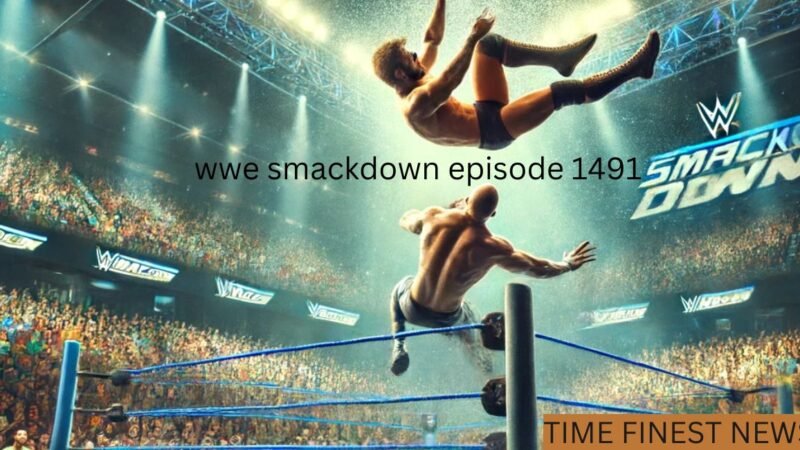The C.W. Park USC Lawsuit: A Controversial Academic Scandal

The world of academia is often seen as a realm of intellectual honesty and integrity. However, like any other domain, it’s not immune to controversy and scandal. In recent times, the “C.W. Park USC Lawsuit” has emerged as a significant legal battle that has raised questions about plagiarism in the academic community. In this article, we will explore the background of the lawsuit, its legal proceedings, its implications, and the broader context of academic integrity.
Background
Who is C.W. Park?
C.W. Park is a respected academician and a former faculty member at the University of Southern California (USC). With an impressive career in research and teaching, Park’s reputation took a hit when allegations of plagiarism surfaced.
What are the allegations in the lawsuit?
The lawsuit alleges that C.W. Park engaged in widespread plagiarism in his academic work, including research papers, articles, and even course materials. These allegations have not only tarnished Park’s reputation but also cast a shadow on USC’s academic integrity.
Legal Proceedings
The lawsuit’s legal journey has been closely watched by the academic community. Court hearings and decisions have made headlines, and the case has taken several intriguing turns.
USC, as the defendant, has vigorously defended itself against the allegations, arguing that they took immediate action to investigate and address the issue. However, the plaintiffs have presented compelling evidence of plagiarism.
Implications
The C.W. Park USC Lawsuit has far-reaching implications. It not only affects the reputation of an esteemed academic but also raises questions about the role and responsibility of universities in maintaining academic integrity.
The broader implications extend to other institutions as well. This case serves as a cautionary tale for universities across the globe, highlighting the importance of proactive measures to prevent and address academic misconduct.
Public Opinion
The lawsuit has generated significant public interest and debate. Social media platforms are abuzz with discussions about academic plagiarism and its impact on students, faculty, and the academic community.
The public’s reaction has been mixed, with some supporting C.W. Park and others condemning his alleged actions. The case has ignited conversations about the ethical responsibilities of educators.
USC’s Response
The USC administration has not taken the allegations lightly. They have been transparent about their actions, demonstrating a commitment to addressing the issue promptly.
The university has implemented changes to its academic oversight procedures to prevent similar incidents in the future. USC’s response sets a precedent for how universities should handle such cases.
Legal Analysis
Legal experts have weighed in on the case, providing different perspectives. Some argue that the evidence against C.W. Park is strong, while others question the motivations of the plaintiffs.
The legal battle in the C.W. Park USC Lawsuit is not just about plagiarism; it’s also about the complexities of presenting evidence and protecting academic freedom.
Previous Controversies
The C.W. Park USC Lawsuit is not an isolated incident. USC has faced previous controversies, though not of this magnitude. It’s essential to assess whether the university has learned from past mistakes.
The Future
As the lawsuit progresses, it’s unclear what the future holds for C.W. Park and USC. The court’s decisions will significantly impact both Park’s career and USC’s reputation.
The case could potentially set a precedent for handling similar incidents in the academic world, prompting institutions to adopt stricter measures against plagiarism.
Lessons Learned
The C.W. Park USC Lawsuit underscores the importance of addressing plagiarism promptly and effectively. Other academic institutions should take note of the measures taken by USC and consider implementing similar safeguards.
Plagiarism in Academia
Plagiarism remains a prevalent issue in academia. Institutions must take proactive steps to combat plagiarism and educate their academic community on the consequences of intellectual theft.
Ethical Considerations
Universities face ethical dilemmas when dealing with plagiarism cases involving their faculty. Balancing academic integrity with the rights of educators is a complex and challenging task.
Support for Whistleblowers
Supporting individuals who expose academic misconduct is crucial. Whistleblowers play a vital role in upholding academic integrity, and they should be protected and encouraged.
Conclusion
The C.W. Park USC Lawsuit is a stark reminder that even in the world of academia, ethical breaches can occur. The case has raised essential questions about academic integrity, plagiarism, and the responsibilities of institutions like USC.
As the legal battle continues, the academic community is watching closely, hoping that justice is served and that lessons are learned to prevent similar incidents in the future.
FAQs
1. What are the main allegations against C.W. Park in the USC lawsuit?
The primary allegations against C.W. Park in the USC lawsuit involve widespread plagiarism in his academic work, including research papers, articles, and course materials.
2. How has USC responded to the allegations?
USC has responded by taking immediate action to investigate the allegations and implementing changes to its academic oversight procedures to prevent similar incidents.
3. What are the broader implications of the C.W. Park USC Lawsuit?
The lawsuit highlights the importance of maintaining academic integrity and serves as a cautionary tale for universities worldwide, emphasizing the need for proactive measures against plagiarism.
4. What is the role of social media in discussions about the lawsuit?
Social media has played a significant role in generating public interest and debate about academic plagiarism, with both supporters and critics of C.W. Park expressing their opinions.
5. How can universities support whistleblowers in cases of academic misconduct?
Supporting whistleblowers involves protecting their rights, encouraging them to come forward, and taking their concerns seriously, while ensuring their anonymity and safety.





